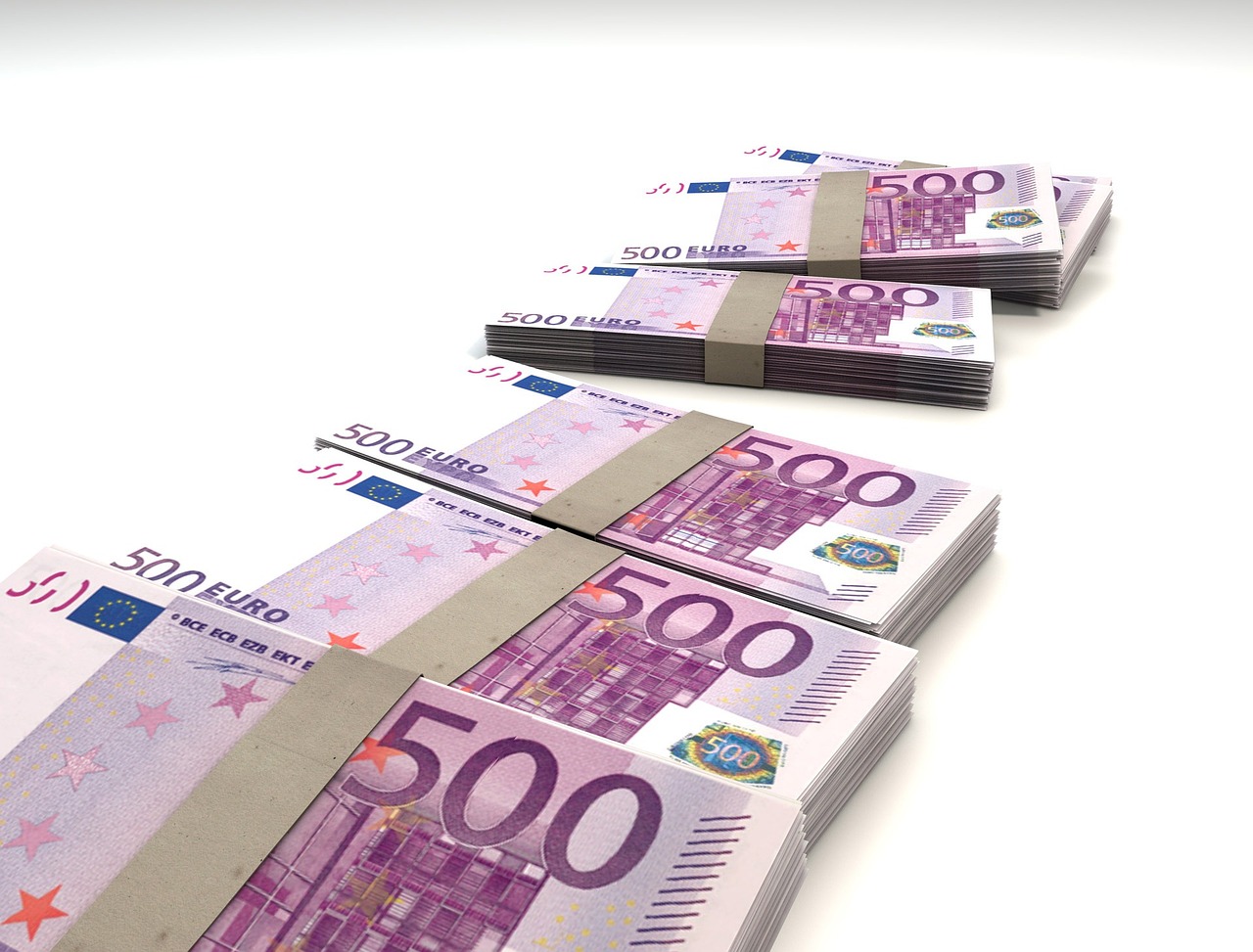The world of energy has been buzzing with news lately as Total Energies sells its assets to Couche-Tard for a whopping $3 billion! This deal is set to shake up the industry, and it’s time we take a closer look at what this means for the future of energy. So buckle up, because in this blog post, we’ll be exploring everything you need to know about this colossal acquisition and how it could shape the landscape of energy production and distribution. Are you ready? Let’s dive in!”
Total Energy sells assets to Couche-Tard for $3 billion
In 2016, Total Energy sold its assets to Couche-Tard for $3 billion. This move was a strategic one for Total Energy, as it allowed the company to focus on its core business and divest itself of non-core assets. The sale was also a positive development for Couche-Tard, as it strengthened the company’s position in the convenience store market.
This move by Total Energy is representative of a larger trend in the energy industry, as oil companies have been selling off non-core assets in recent years in order to focus on their core businesses. This trend has been driven by the need to improve efficiency and generate cash flow in an environment of low oil prices.
The sale of Total Energy’s assets to Couche-Tard is a positive development for both companies and the energy industry as a whole. This move will allow Total Energy to focus on its core business and generate additional cash flow, while Couche-Tard will strengthen its position in the convenience store market.
What this means for the energy industry
In 2016, Alimentation Couche-Tard made a $3.8 billion bid to purchase Total SA’s retail and commercial businesses in Europe. The deal was finally completed in early 2018, and gives Couche-Tard a total of 5,222 gas stations across Europe.
This is a big move for both companies, but especially for Couche-Tard. This acquisition makes them the largest convenience store operator in Europe, with a total of 12,300 stores. They are now ahead of their main competition, Carrefour, who has 11,000 stores.
The energy industry is in the midst of a major shift. Oil prices have been volatile for years, and there is a growing movement to renewable energy sources like wind and solar. This deal puts Couche-Tard in a position to be a major player in this new landscape.
Total’s European operations were not performing well prior to the sale. In fact, the company had been gradually selling off its assets in the region over the past few years. This includes the sale of 1,400 gas stations in 2016 and 2017. For Couche-Tard, this presents an opportunity to turn things around and make these stations profitable again.
The convenience store industry is highly competitive, and Couche-Tard will need to make some changes in order to succeed. One key area will be improving customer service. In France, for example, Total’
The future of the energy industry
In recent years, the energy industry has undergone a major transformation. With the rise of renewable energy and the advent of new technologies, the future of the industry is looking very different from its past.
One of the most significant changes in the energy industry is the sale of Total’s assets to Couche-Tard. This deal worth $8 billion is a sign of the changing times in the energy industry. Here’s what this sale means for the future of the energy industry:
1. The future of the energy industry is in renewables.
As more and more companies are investing in renewable energy, it’s clear that this is where the future of the energy industry lies. The sale of Total’s assets to Couche-Tard is further proof that renewables are becoming increasingly important in the energy sector.
2. New technologies are changing the landscape of the energy industry.
The rise of new technologies such as electric vehicles and battery storage is having a big impact on the energy sector. These technologies are making it possible for consumers to use less fossil fuels and move towards cleaner forms of energy.
3. The traditional oil and gas sector is facing challenges.
The traditional oil and gas sector is under pressure from both investors and consumers who are demanding cleaner forms of energy. This pressure is likely to continue as we move towards a low-carbon future.
Conclusion
The sale of Total Energies’ assets to Couche-Tard for $3 billion is a major move in the energy industry. It marks a shift toward consolidation within the industry and could lead to further mergers and acquisitions in the near future. This deal also has implications for investors, as it signals that large players such as Couche-Tard are willing to invest heavily in energy companies, making them attractive targets for other potential buyers. With this new development, it is likely that we will see more deals like this one in the coming months, which could bring about lasting changes to how business is done in the energy sector.











